Tens of thousands of orange-clad Dutch —almost all of whom won’t actually attend the evening’s football match against England— have flooded the streets by mid-morning. Dortmund feels familiar to them, almost local, as parts of the Netherlands do to Germans who visit, even more frequently, in the other direction. “It’s just around the corner,” a German man explained last week in Amsterdam. And “it’s only a hop, skip, and a jump,” is how a Dutch woman put it to me last evening, “why wouldn’t you go?” Am I wrong to see in these lived realities —in these mundane expressions from one borderlands amidst many, even in the gloriously precise, idiomatic English that people in these parts can flourish without fanfare— am I wrong to see a glimpse (not of the painful sides but) of the shared beauty of Europe?
A few will carry a sense of history, even a small ‘d’ destiny into the rivalry of tonight. It was in West Germany, thirty-six years ago, that the Netherlands last won a European Championship (1988). And it was in the Euros of 1996 that the favoured Dutch were ambushed —dismantled 4 goals to 1— by, wait for it, England . . . .
On location (not in Dortmund but rather) at the venerable Café Fier by the seaside in Zandvoort, NL, I pick up snatches of intrigue.
Questions are being fretted over. Which of these partly underwhelming sides will prevail? How might England be defeated? How to throw calm Kobbie Mainoo off his game in their midfield? How to neutralise the possibility of one of the many talented “individuals” —Jude Bellingham, Bukayo Saka, Phil Foden, a renascent Harry Kane— rising up and beating you? Everyone fears Trent Alexander Arnold’s pinpoint crosses. Will Denzel Dumfries feast on Kieran Trippier down the right? Will the guile of Cody Gakpo outshine the speedy Kyle Walker on the other side? And at what point will Wout Weghorst come on, wreak havoc, and win it all?
Of course football managers don’t typify nations. And yet . . . . Ronald Koemans of the Netherlands is all business. Calm, serious, and focussed. There is something of the fabled demigod about him, even to those venturing tactical criticism. As for England’s Gareth Southgate, the jaunty waistcoats and ranging philosophical pronouncements may have gone the way of Cool Britannia, but the stoic defiance isn't only still there, it’s excalated.
This much said, for every person who follows the various story-lines, or who conveys a sense of history, for every person who even gives a toss about the football itself, there are legions of others —in Dortmund, across Germany, the Netherlands, Europe, and the world— legions who will be “there,” so to speak, who will be present, principally, to party.
Craving some excitement and craziness off to the side of everyday needs, momentarily apart from a careening, concerning world. Seeking companionship, collective spirit and experience, finding “company.”1 It’s meant to be artifice, a little bit nuts. There’s a march featuring a two-step dance called “Left, Right”, there are iconic songs, there are laughs to be had with friends and strangers, there’s a crazily-orange double-decker bus that somehow seems to appear everywhere the national team play. There are innumerable tiny glasses of ice-cold beer to drink.
Thanks for looking in on Dispatches.
* Watercolours and photographs by Kenneth Mills
As astutely noted by
in contemplation of my earlier dispatch about but actually around the Euros, NL.13.

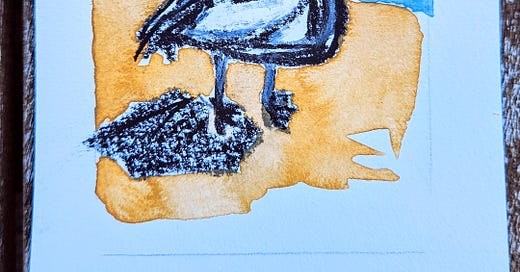


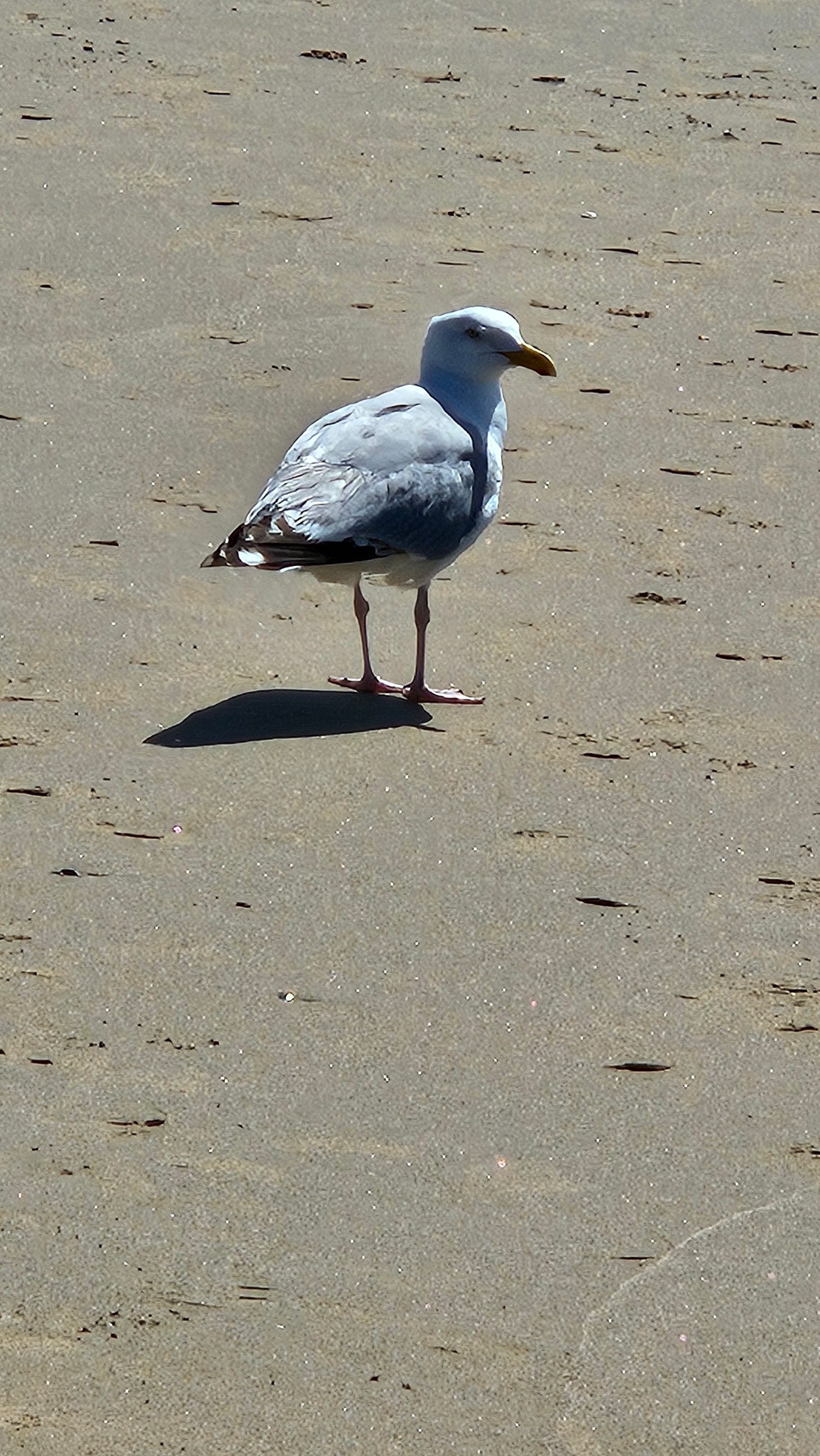
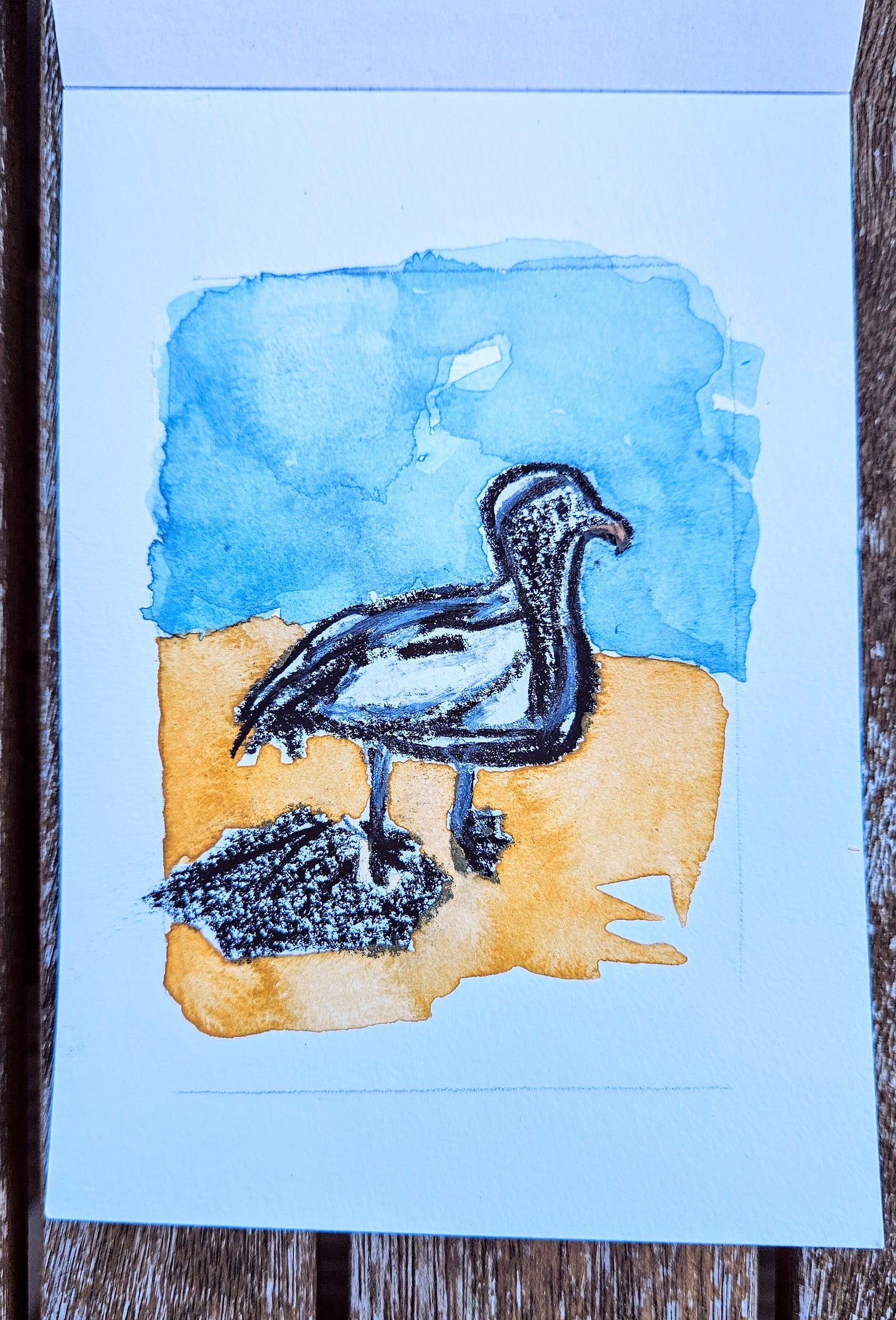
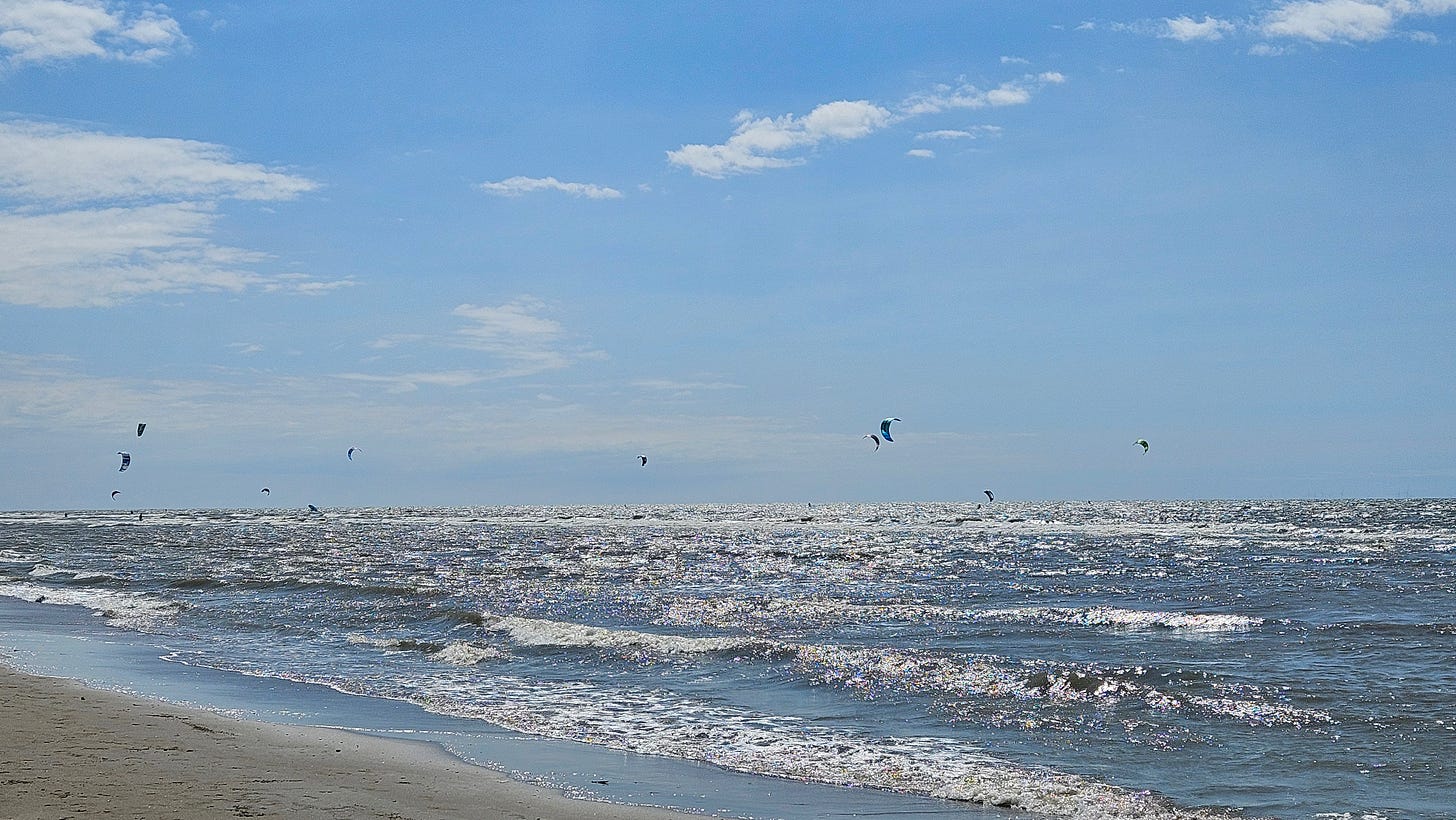
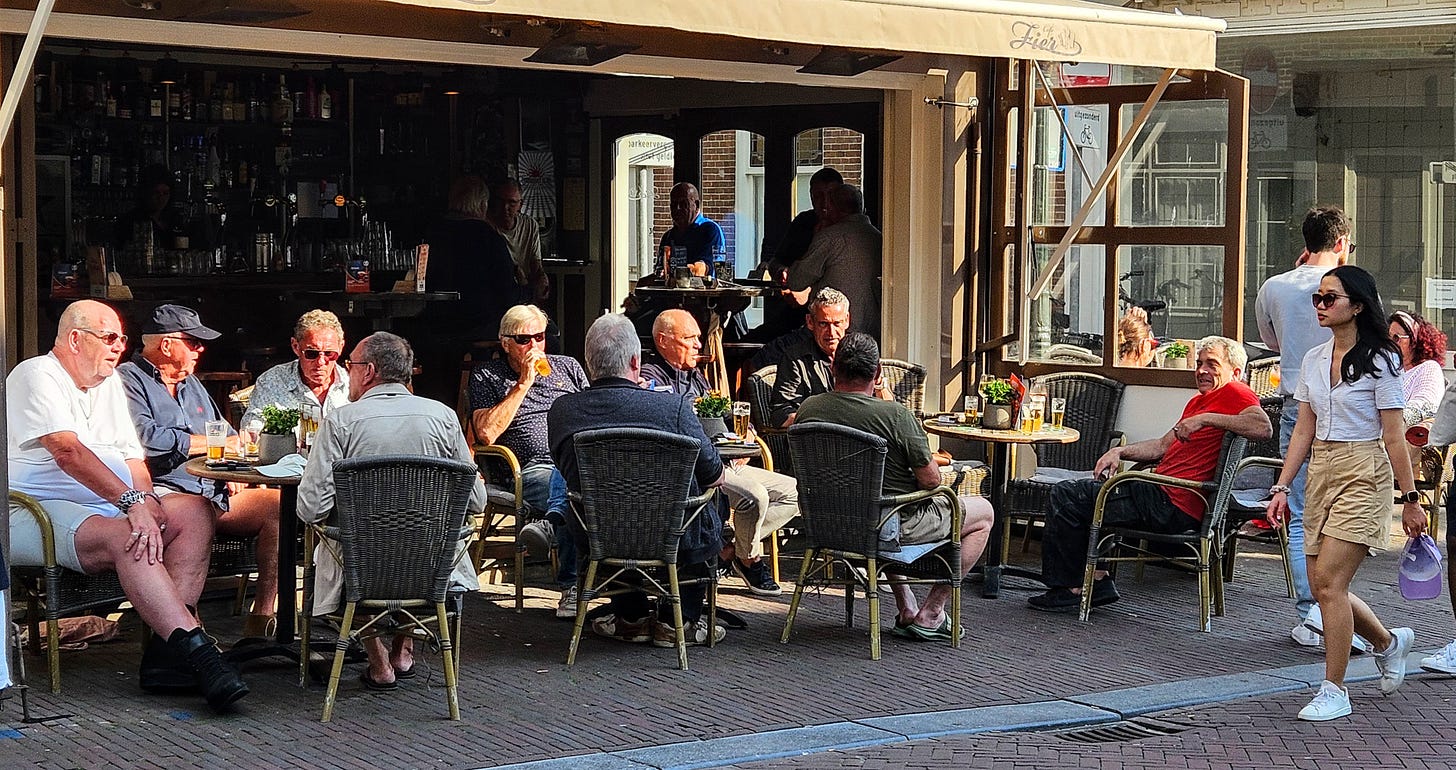
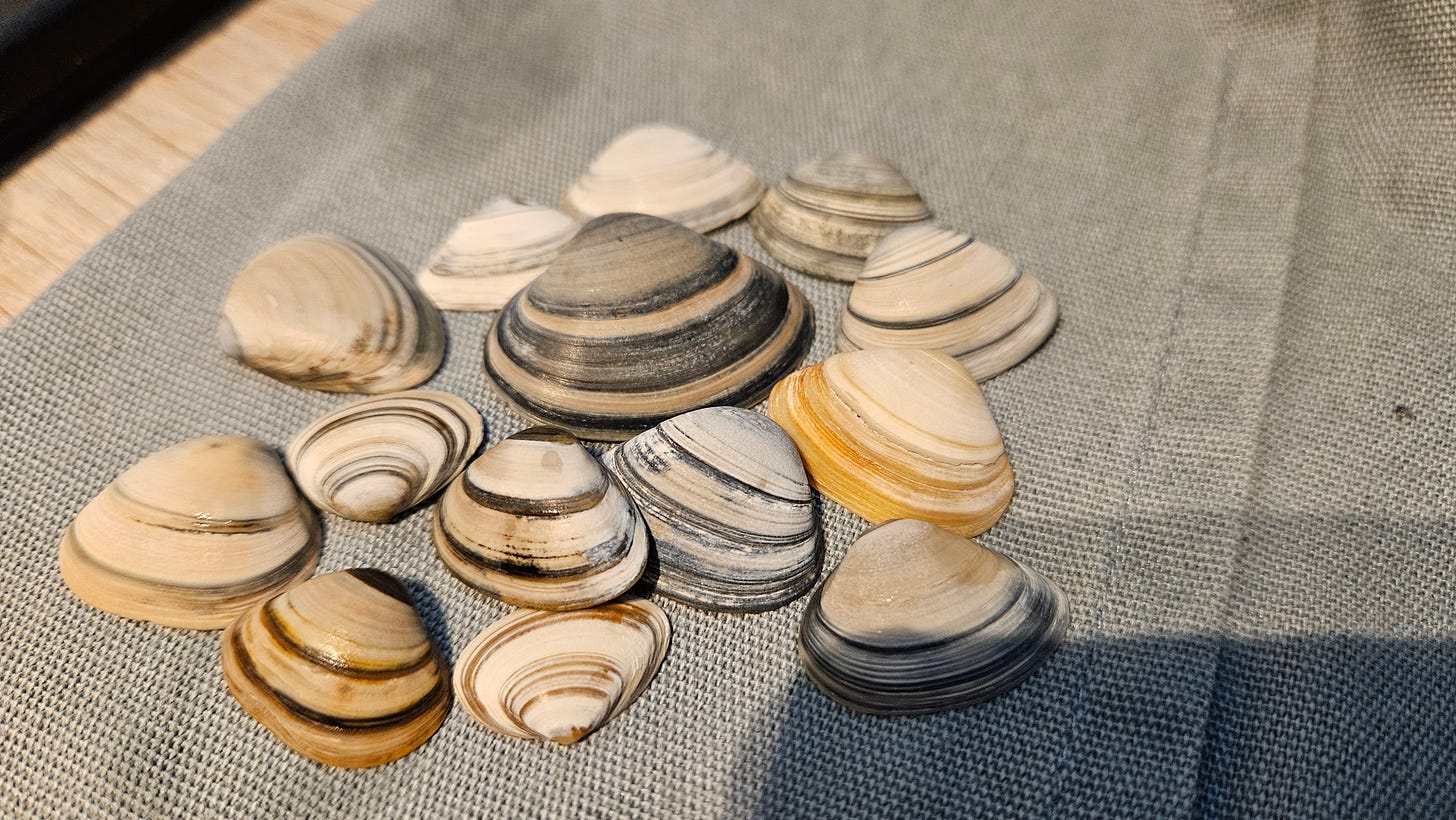
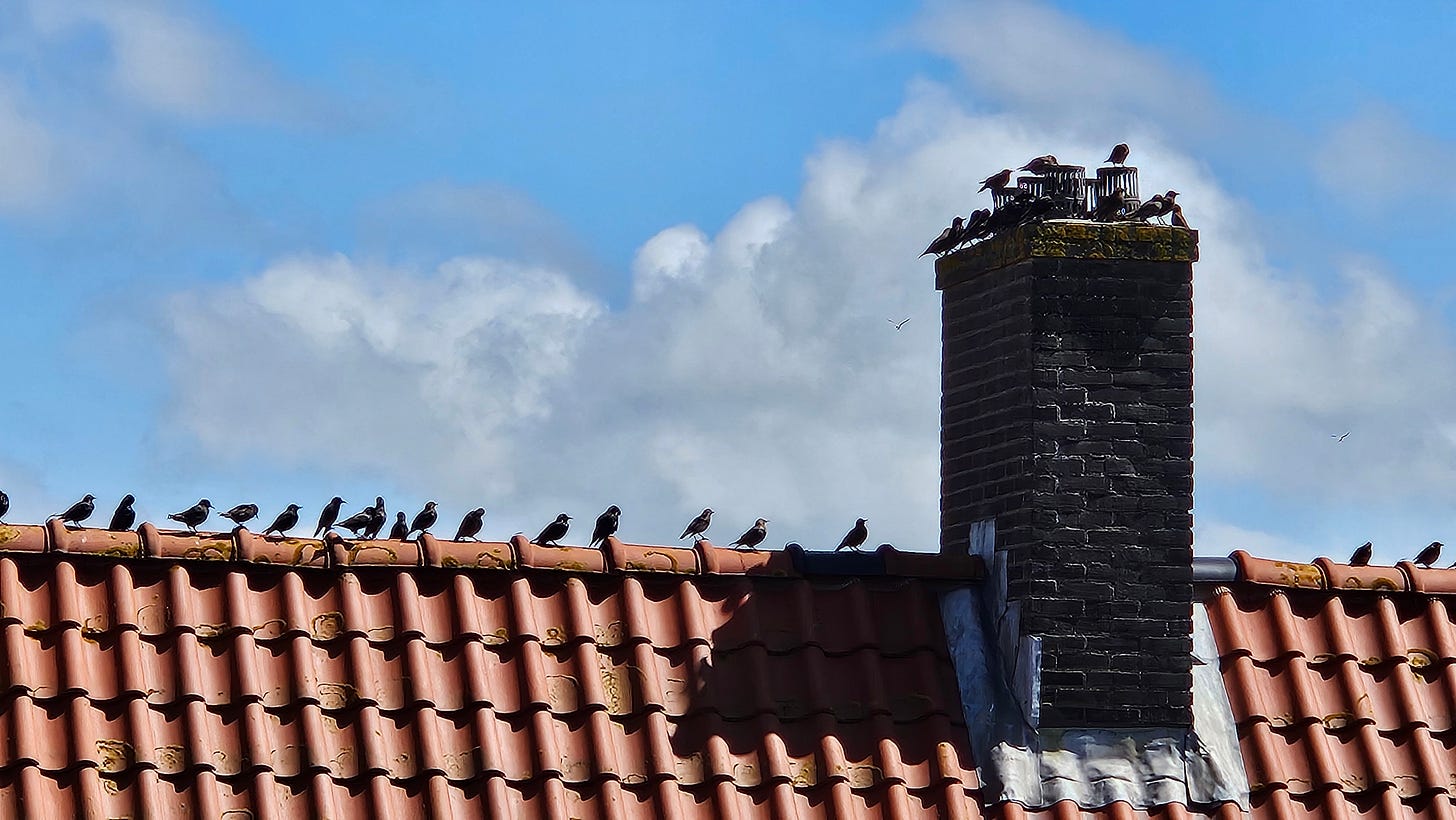
All I can say is…..ENG-ER-LAND!!!
ENGLAND